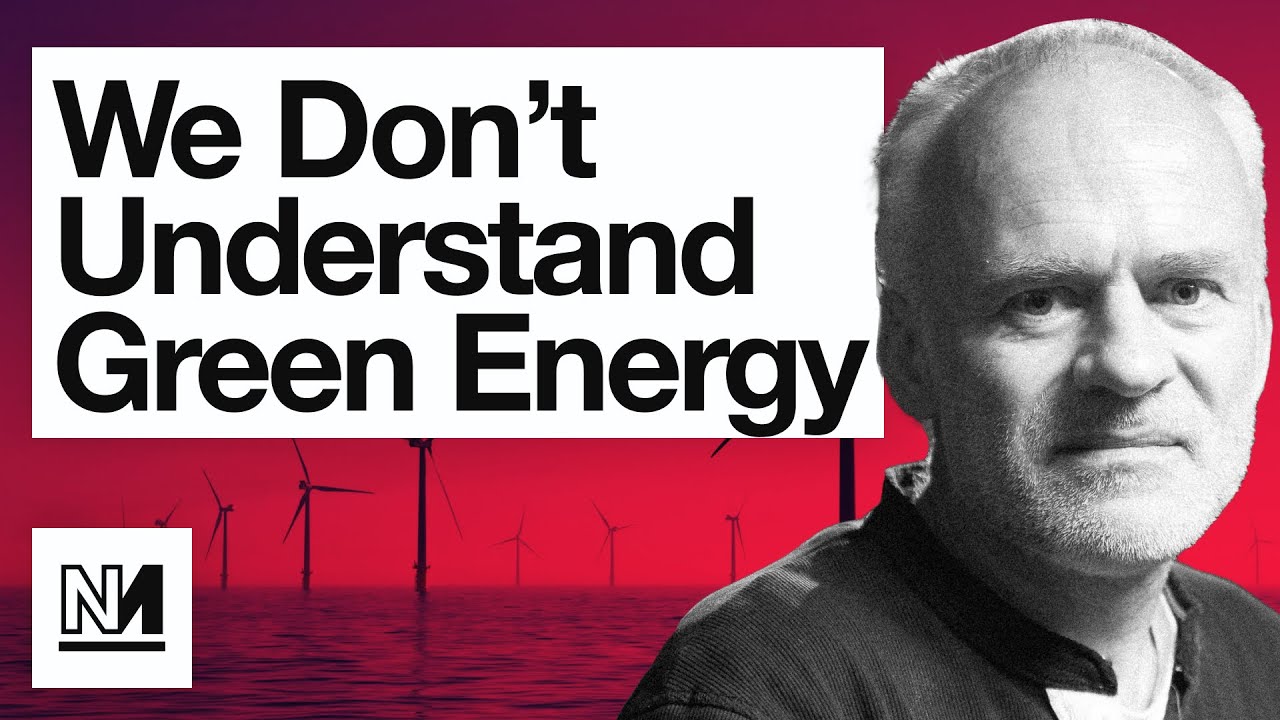- cross-posted to:
- collapse@lemmy.ml
- cross-posted to:
- collapse@lemmy.ml
cross-posted from: https://lazysoci.al/post/14253829
Summary: The video is about the challenges of decarbonizing the world economy and why capitalism is not an effective solution, according to the guest speaker Brett Christophers. Christophers is interviewed by Aaron Bastani on Novara Media.
The conversation starts with the confusion around the term “Net Zero.” Christophers explains the difference between Net Zero and real zero emissions. Net Zero allows emissions as long as they are offset by carbon capture or sequestration.
Christophers argues that governments are not serious about decarbonization because they continue to grant new oil and gas exploration licenses. He also criticizes the over-reliance on future, unproven technologies for capturing carbon emissions.
The interview then covers why electrification is critical for mitigating climate change. Christophers explains that most greenhouse gas emissions come from burning fossil fuels to generate electricity. Therefore, decarbonizing the electricity sector is the most important strategy.
The conversation then dives into the challenges of transitioning to renewable energy sources. Christophers acknowledges that solar and wind are not perfect solutions because they are intermittent sources of energy. He also discusses the land-use challenges of building large-scale solar and wind farms.
Nuclear power is brought up as a potential solution, especially for large companies that need consistent baseload power. Christophers says that governments should incentivize the development of all carbon-free energy sources, including nuclear.
The video concludes with Christophers arguing that capitalism is not a solution to the climate crisis because it prioritizes the interests of capital over the well-being of the planet.



I’m all in for this. Why not ban inheritance as well? And put a cap for income of 1 to 6 for instance, between the lowest and highest income. It doesn’t need to be 1 to 400 (not too sure of the actual current number). Also, we know that many people are in the same time CEOs of multiple companies, this sounds like a proof to me, it’s practically a part-time job that is way over payed.
I think I see your point. My only objection is that I don’t trust the family model, due to personal experience but also in historical terms, I really don’t like royal families in the colonial world.
For solutions on how companies can be managed so that they are not growing/polluting eternally, we don’t even need to go outside the framework of capitalism to find viable solutions (btw I am not a capitalist). Keynesian economics for example have managed to lift the US from the 1929 market crash by implementing government policies to regulate the market. Some leftovers of those policies are still in place today in the US. Check out this great 2 min video for some details.
Our current problem is also related to the fact that all those in government positions work for the lobbists and big corp, not the people they are supposed to represent.
Another thing I wonder about is how to make sure this works globally. Anti-growth economic reforms might have at least a chance of passing in well-funcitoning democracies, but I don’t see how this could be made to happen in kleptocracies or a random African country.
I don’t see how. Currently, the system running the world is not a political one, it’s an economic model. Neoliberalism (or however one calls it) runs the world, not democracy. How could an anti-growth approach appeal to people that look for eternal growth?
Personally, I am not even convinced that representative democracy can function well by design, but that’s another topic.
deleted by creator